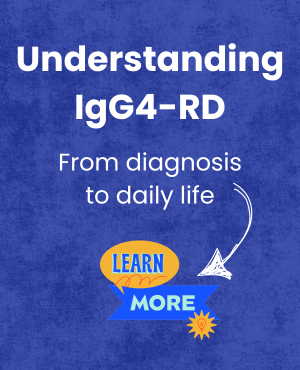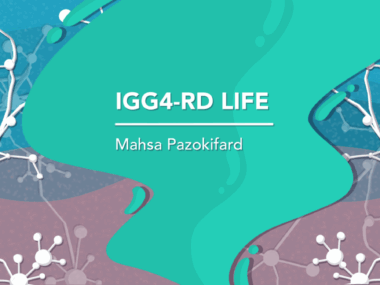Zenas sees results from obexelimab Phase 3 trial near year-end
Antibody-based treatment targets proteins to reduce disease activity
Written by |

Zenas Biopharma said it expects top-line results from INDIGO, a Phase 3 clinical trial testing obexelimab in people with immunoglobulin G4-related disease (IgG4-RD), “around year-end.”
We are very pleased with the rapid advancement of our broad obexelimab development program,” Lonnie Moulder, founder and CEO of Zenas, said in a company press release.
IgG4-RD is a rare inflammatory and immune-mediated disorder marked by abnormal clumps of plasma cells — a matured form of B-cells, the immune cells responsible for making antibodies.
Obexelimab is an antibody-based therapy designed to block the activation of B-cells by targeting CD19 and FCGR2B, two proteins present at B-cells’ surface that regulate antibody production and inflammatory activity in B-cells.
By suppressing B-cell activation, the treatment aims to reduce disease activity and limit the risk of flare-ups, or relapses, in people with IgG4-RD. The therapy is given by under-the-skin (subcutaneous) injection.
Trial could be a step toward regulatory approval
In an earlier Phase 2 clinical trial (NCT02725476), 15 adults with IgG4-RD were given into-the-vein infusions of obexelimab every other week for about six months. Results showed that almost all of the participants experienced a reduction in disease severity. More than half achieved complete remission, which was defined as a IgG4-RD responder index score of zero (no symptoms), no need for standard glucocorticoids, and no flares.
The global Phase 3 INDIGO trial (NCT05662241) has enrolled nearly 200 adults with IgG4-RD. Participants were randomly assigned to receive weekly injections of either obexelimab or a placebo for a year. The study’s main goal is to see if obexelimab can significantly delay the time to first relapse.
INDIGO was designed to be pivotal, meaning positive results could support applications seeking regulatory approvals of obexelimab for treating IgG4-RD.
The company is also developing obexelimab as a potential treatment of other autoimmune disease driven by abnormal B-cell activation, including multiple sclerosis and lupus. Phase 2 clinical trials in both of those conditions are ongoing.
“Given the differentiated profile of obexelimab, along with our extensive development capabilities and commercialization experience, we are well positioned to execute on the significant opportunity ahead to potentially impact the lives of patients living with autoimmune diseases worldwide,” Moulder said.







